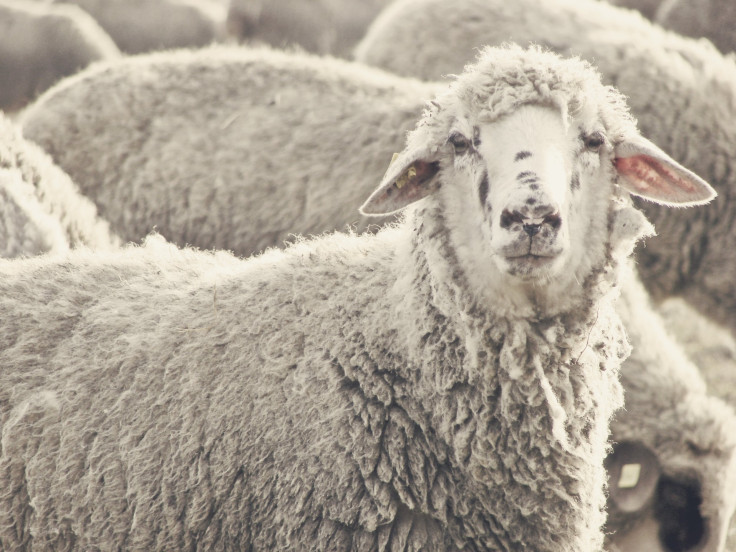Group-Think: Decision-Making Is Best Done Alone, Relying Too Much On Friends And Family Isn't A Good Thing

Is collective decision-making superior to individual instinct? The over-use of information derived from friends and family produces a sub-optimal result, or so says an international collaboration of scientists — and the irony here is not lost on Medical Daily. In a new study, this team of researchers found “individuals overly rely on social information and evolve to be too readily influenced by their neighbors.” Over time, with individuals failing to honor their instincts, the group becomes less responsive to changes in the natural environment, much to the detriment of all.
You work in an office, you’re part of a team. Even while you bemoan the loss of individuality (your highly personal stamp), you’ve seen first-hand how it helps to have a “second pair of eyes” look over the work, how a little collective decision-making can go a long way in preventing errors. Or does it? asks your inner (rather high-pitched) voice. Is decision by committee always better than the flawed though unique effort of a solitary worker? Whatever the truth, you haven't got the time to search for answers now, you need to get back to the job — others are counting on you!
For the current study, a team of scientists led by Dr. Colin Torney, a lecturer at the University of Exeter, constructed mathematical models to look at how the use of social information has evolved within animal groups. They visualized their simple model within a dynamic environment, and then examined effects and results based on optimal decision theory and evolutionary invasion analysis. You may find their discovery to be both dark and dreary.
An "over-reliance on social information evolves in dynamic environments," wrote the authors in their published study, before also noting that “as individuals in a well-functioning group provide an excellent source of information, natural selection leads to over-reliance on social cues."
In other words, as part and parcel of the social organism, we too eagerly allow ourselves to be influenced by our friends, family, and co-workers due to the "classic evolutionary conflict between individual and collective interest."
No Way Out?
"Social influence is a powerful force in nature and society," explained Torney in a press statement. "Copying what other individuals do can be useful in many situations, such as what kind of phone to buy, or for animals, which way to move or whether a situation is dangerous. However, the challenge is in evaluating personal beliefs when they contradict what others are doing."
While no one would question the benefit of polling friends to figure out which phone to buy (wink?), this general behavior can go too far, the authors suggest. Soon, "highly conformist individuals take over the population," which leads "to an almost complete failure in information processing," they noted. Though higher accuracy levels will be re-established as less social individuals are "selected for" (in evolutionary terms), the general trend remains, explained Torney and his co-researchers, with groups becoming "unable to escape from dominant, widely held opinions." Trapped within the herd, we continue to trudge forward, trying our best to fulfill humble dreams, our meager sense of purpose. Baaah, baaah, bleak!
Source: Torney CJ, Lorenzi T, Couzin ID, Levin SA. Social information use and the evolution of unresponsiveness in collective systems. Interface. 2014.



























